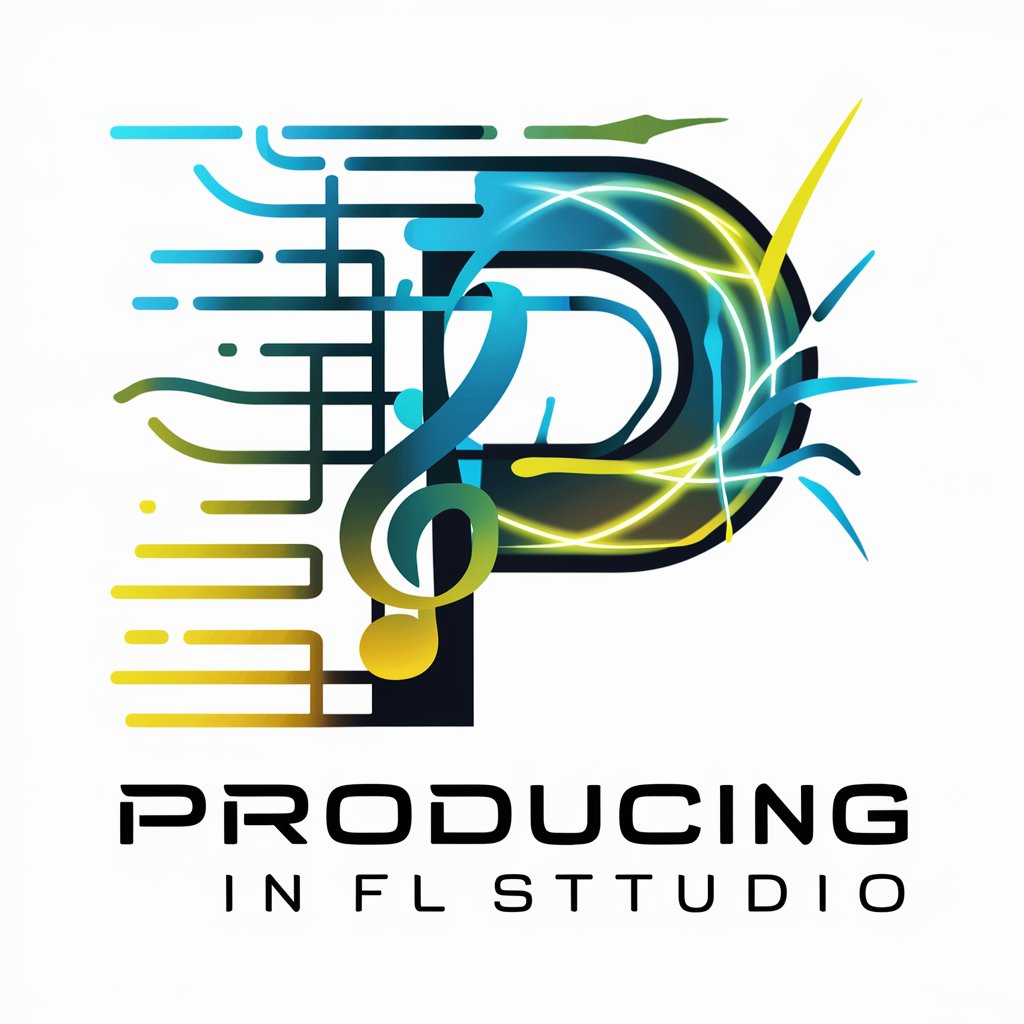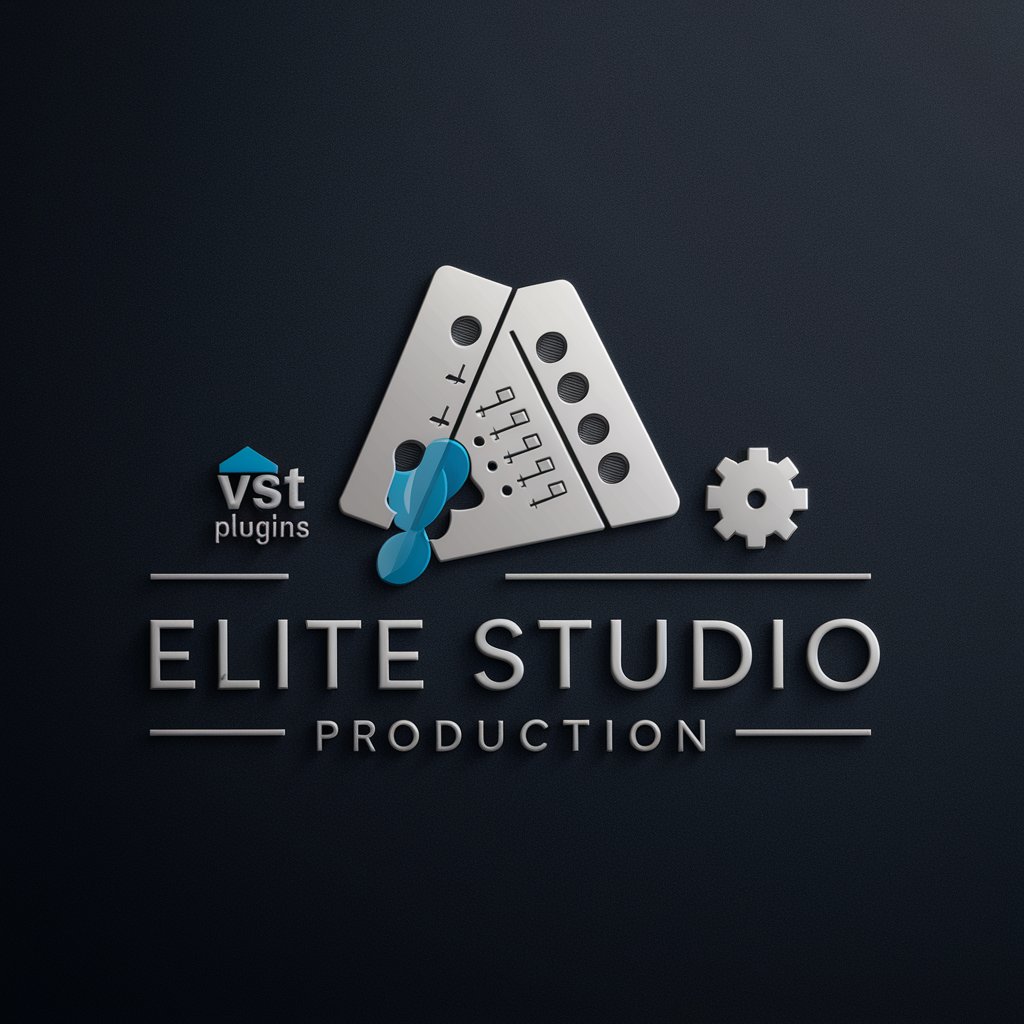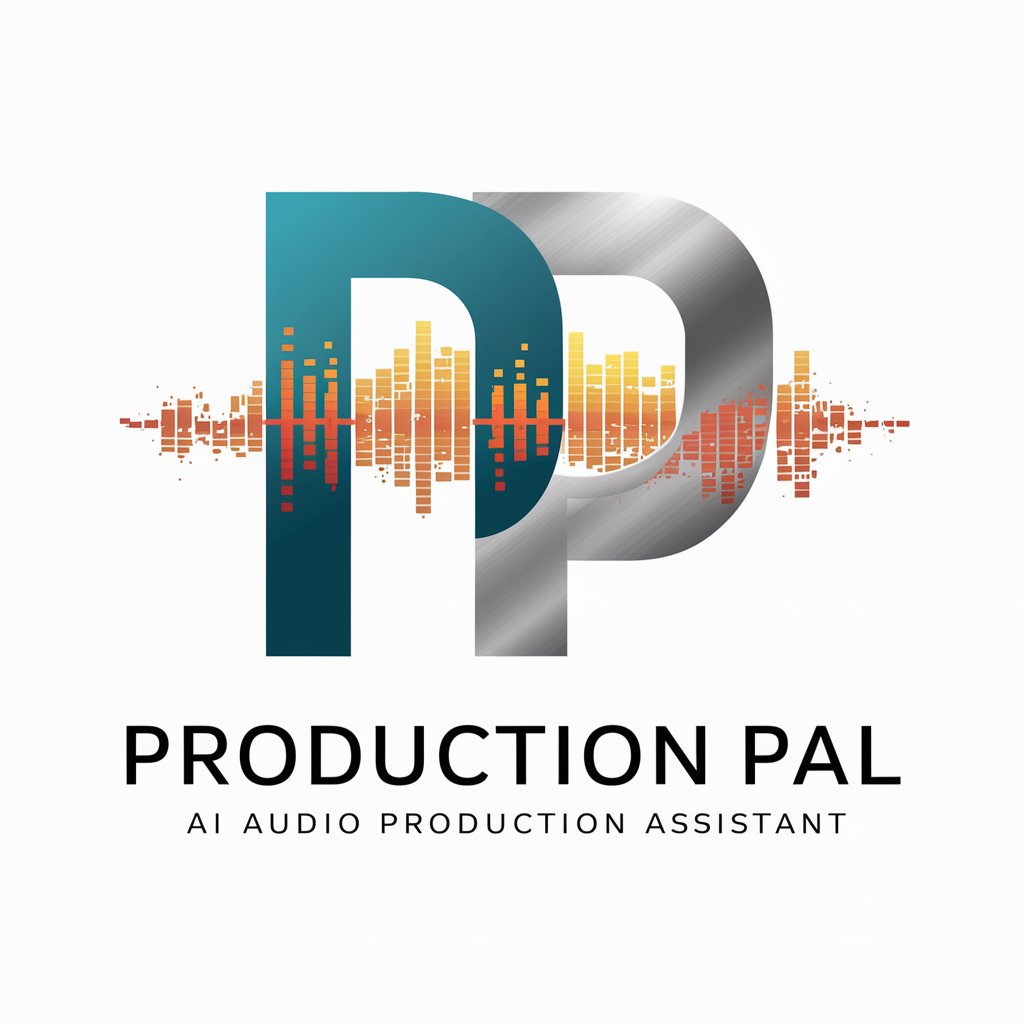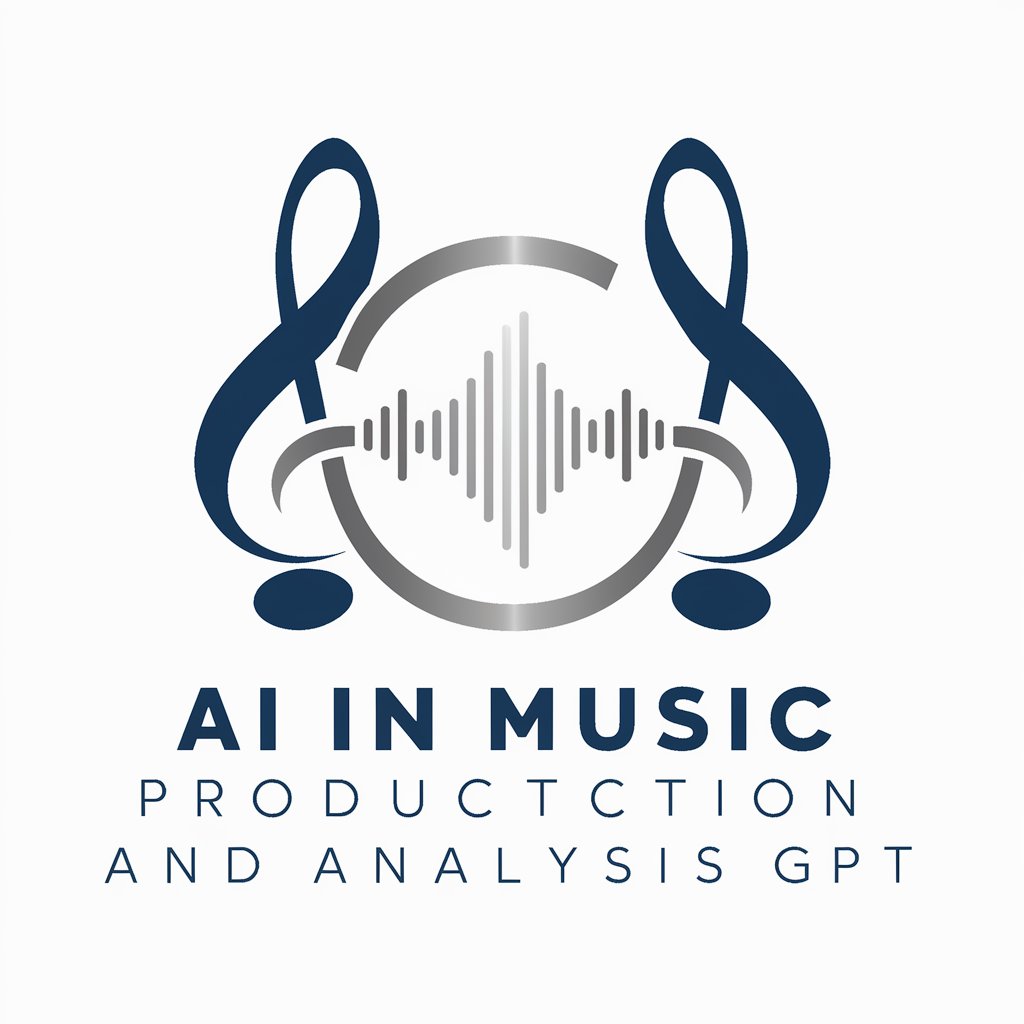Production in FL Studio - FL Studio Production Tool

Welcome! Ready to make music with FL Studio?
Empower Your Music Creation with AI
How can I create a drum pattern in FL Studio?
What's the best way to mix vocals in FL Studio?
Can you explain how to use automation clips in FL Studio?
What are some tips for mastering a track in FL Studio?
Get Embed Code
Introduction to Producing in FL Studio
Producing in FL Studio involves utilizing the digital audio workstation (DAW) known as FL Studio, developed by Image-Line. This platform is designed for the creation, recording, mixing, and mastering of music. It offers a comprehensive suite of tools and features that cater to both beginners and seasoned professionals. For instance, a new producer might start with FL Studio’s step sequencer to arrange simple beats, while an experienced sound designer might use its complex synthesis capabilities to create unique sounds. Powered by ChatGPT-4o。

Main Functions of FL Studio
Sequencing and Arrangement
Example
Using the Playlist to arrange various audio clips and patterns to structure a complete track.
Scenario
A producer creates different patterns for drums, bass, and melodies in the Channel Rack and then uses the Playlist to arrange these elements over time to form a structured song.
Synthesis and Sound Design
Example
Creating custom sounds using FL Studio’s native synthesizers like Sytrus or Harmor.
Scenario
A sound designer uses Sytrus to design complex bass sounds for an electronic dance music (EDM) track by manipulating waveforms and applying modulation.
Audio Recording
Example
Recording vocals or live instruments directly into FL Studio’s Playlist.
Scenario
An artist records their vocal takes using FL Studio’s Edison recorder or directly onto the Playlist, applying effects such as reverb and compression during the mixing process.
Mixing and Mastering
Example
Using the Mixer to balance track levels, apply effects, and use send channels.
Scenario
A mixing engineer uses FL Studio’s Mixer to adjust EQ settings, add spatial effects, and route multiple tracks through bus channels for cohesive sound control.
MIDI Editing
Example
Editing MIDI notes in the Piano Roll to create precise musical patterns.
Scenario
A composer arranges a complex piano sequence by adjusting note lengths and velocities in the Piano Roll, ensuring expressive dynamics and timing.
Ideal Users of FL Studio
Aspiring and Professional Music Producers
Individuals interested in producing music across various genres, from hip hop to electronic. FL Studio’s versatility and depth accommodate both entry-level users who require simple tools, and professionals seeking advanced features.
Sound Designers and Audio Engineers
Those who focus on creating unique audio effects, synthesizing sounds, or mixing and mastering tracks. FL Studio provides robust tools for detailed sound manipulation and audio processing.
Educators and Students in Music Production
Educational environments teaching music production can benefit from FL Studio’s intuitive design and comprehensive educational licenses. It serves as a practical tool for demonstrating music production techniques in classrooms.
Live Performers
Performers who use backing tracks or live-triggered samples can leverage FL Studio’s performance mode, which allows for real-time control over music playback and dynamic live editing.

Using Production in FL Studio
Sign Up Free
Visit yeschat.ai to sign up for a free trial without needing to log in or subscribe to ChatGPT Plus.
Install FL Studio
Download and install the latest version of FL Studio from the official website, ensuring your system meets the software requirements.
Explore the Interface
Familiarize yourself with FL Studio's interface, including the mixer, playlist, piano roll, and pattern list to understand where different tools and features are located.
Learn Basic Functions
Start by learning how to create a new project, import samples, and use the channel rack to sequence patterns. Utilize FL Studio's extensive help resources and tutorials for guidance.
Experiment with Plugins
Explore built-in plugins and effects to enhance your tracks. Experiment with synthesizers, drum machines, and effects like reverb and EQ to find your unique sound.
Try other advanced and practical GPTs
Helpers--Production Workers Assistant
Empowering Production Workers with AI

Film Production Software Mentor
AI-Powered Film Production Mastery

Production Assistant AI
Empower Your Production with AI

Elite Studio Production
Empowering Production with AI

Film Production Equipment Mentor
Empowering Filmmakers with AI-driven Gear Insights

Sales Production Analytics
Empower sales with AI-driven analytics

Production Pal
AI-driven Audio Production Expertise

Fashion Production GPT
AI-driven luxury fashion manufacturing insights

AI in Music Production and Analysis GPT
Empowering music creation with AI

架空の芸能人リスト
Craft unique characters with AI.

ナース・コミュニケーター
Empower Your Nursing with AI

Pooh's Corner
Bringing Stories to Life with AI

Q&A about Production in FL Studio
How do I add a VST plugin in FL Studio?
To add a VST plugin, navigate to 'Options', then 'Manage Plugins'. Here, scan for new plugins and add the VST directories. Once scanned, plugins can be added to your project from the 'Add' menu in the Channel Rack.
What is the best way to mix tracks in FL Studio?
Use the mixer to balance levels, pan, and apply effects. Assign each channel to a mixer track for detailed control, and use sends to apply shared effects like reverb and delay to create a cohesive mix.
Can I automate parameters in FL Studio?
Yes, almost any parameter can be automated. Right-click on a parameter and select 'Create automation clip'. Adjust the clip in the Playlist to change values over time, offering dynamic control over your mix elements.
What are FL Studio’s best features for electronic music production?
FL Studio shines with its step sequencer for drum programming, robust piano roll for complex melodies, and powerful automation capabilities, making it ideal for crafting electronic music tracks.
How can I improve CPU efficiency in FL Studio?
To improve CPU efficiency, increase the buffer length in the audio settings, use 'Smart Disable' for all plugins, and consider freezing tracks by converting them to audio once you are satisfied with the settings.
